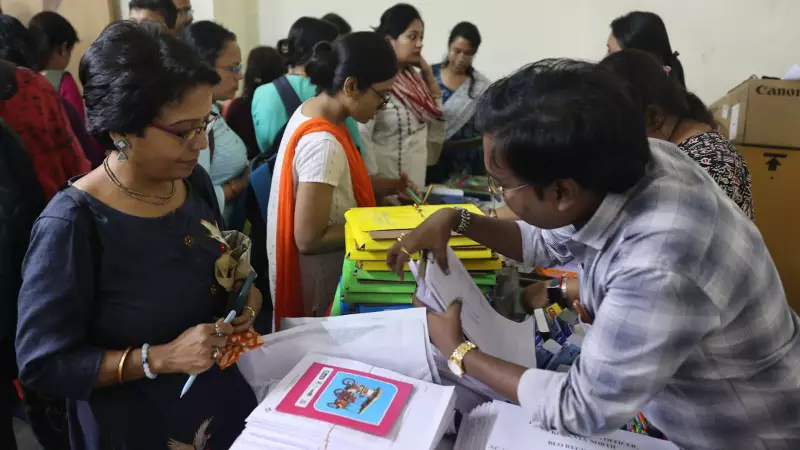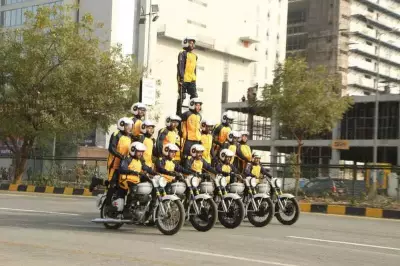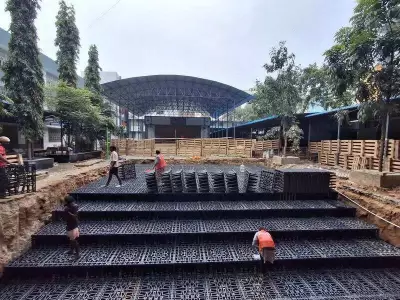
In a significant legal challenge, Congress Member of Parliament Tanuj Punia has approached the Supreme Court of India against the Election Commission's Special Intensive Revision (SIR) of electoral rolls in Uttar Pradesh. The petition raises urgent concerns about the potential disenfranchisement of millions of legitimate voters in India's most populous state.
The Legal Challenge and Its Basis
The petition, filed through advocate Shariq Ahmed, contends that the SIR exercise carries an immediate risk of excluding lakhs of genuine electors from the voter lists. Punia, who also serves as the head of the Scheduled Castes Department for the Uttar Pradesh Congress, argues that the process mandates every voter to reestablish their eligibility through documentation that significant portions of the state's population have never possessed.
According to the plea, these requirements find no foundation in the Representation of the People Act, 1950, which operates on a presumption of continuity in the electoral rolls and permits deletion only on specifically defined, narrow grounds. The petition specifically seeks the quashing of the Election Commission's October 27 notification that ordered the second phase of this exercise.
Timeline and Scale of the SIR Exercise
The Election Commission initiated the Special Intensive Revision program earlier this year, beginning with Bihar on June 24 ahead of the state's Assembly elections. The second phase was announced on October 27, covering nine states including Uttar Pradesh - which is scheduled for polls in 2027 - and three Union Territories.
The petition highlights the impracticality of the prescribed timelines for a state of Uttar Pradesh's magnitude. It notes that the allocation of one month for enumeration and a further month for claims and objections is impossible to meet, particularly in many districts. Furthermore, the petition points out that the SIR is tied to the 2003 electoral rolls, despite the fact that Uttar Pradesh has added approximately four crore new electors since that time.
Vulnerable Communities at Risk
The legal challenge emphasizes that the consequences of voter exclusion would disproportionately affect communities already facing structural barriers. The petition specifically identifies Scheduled Castes, OBC and EBC groups, minorities, women with limited documentation, migrant workers, daily-wage laborers, and households in various districts as being particularly vulnerable.
Many of these groups, the petition argues, lack the necessary documentation to comply with the SIR's requirements. This includes many of the nearly four crore new electors added since 2003, who were either not born at the time or not captured in institutional records. The Congress MP's move sets the stage for a crucial legal battle over voter rights as Uttar Pradesh prepares for the 2027 elections.





